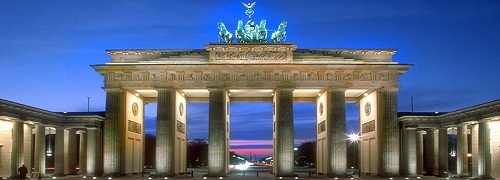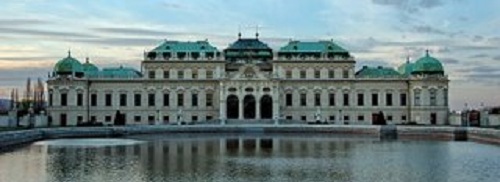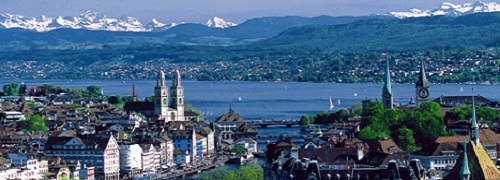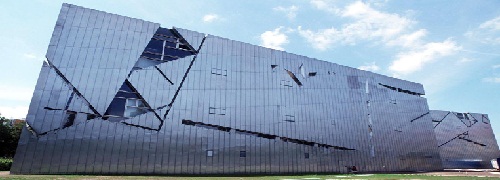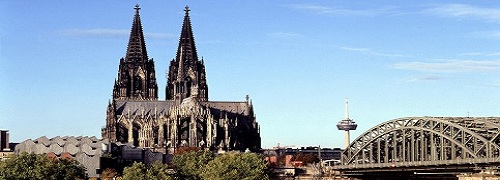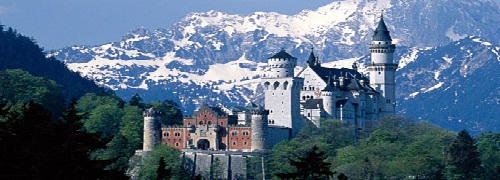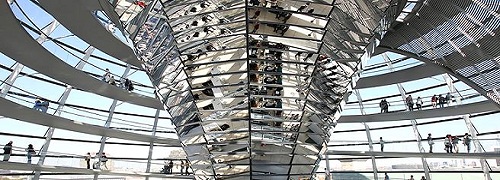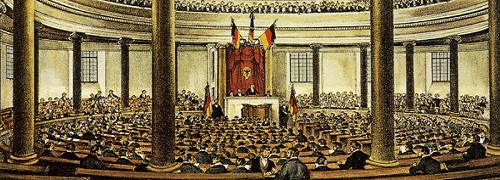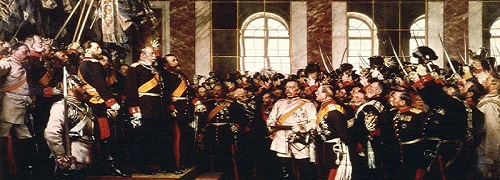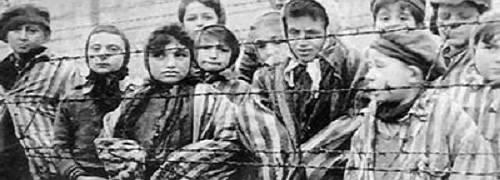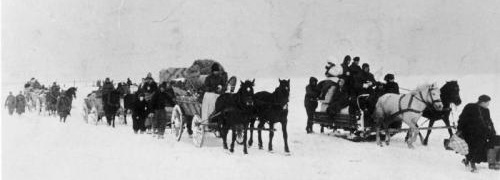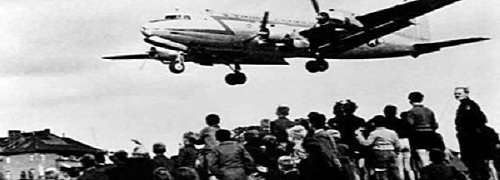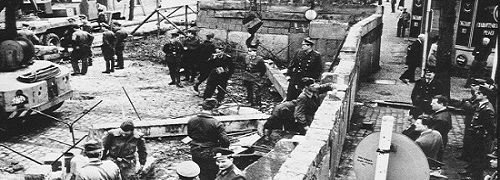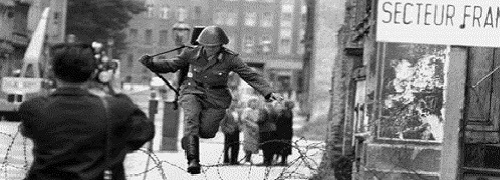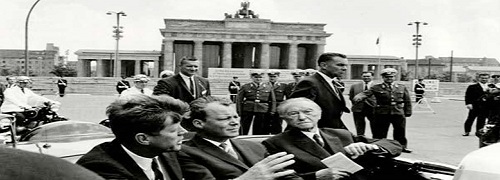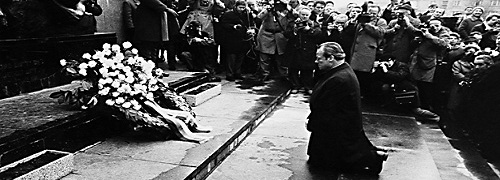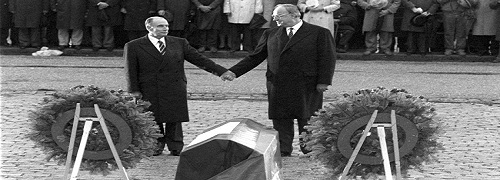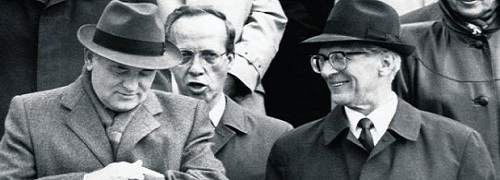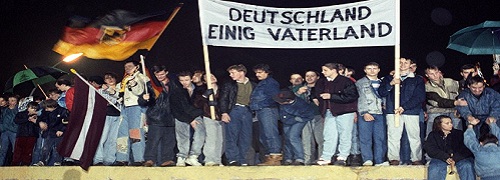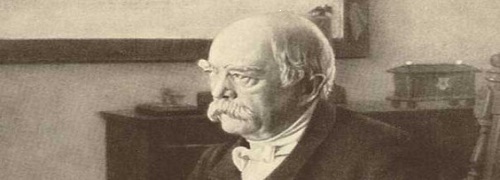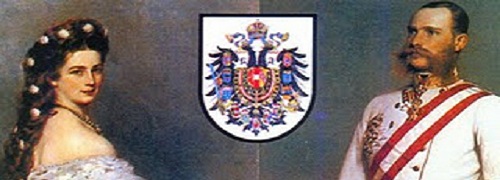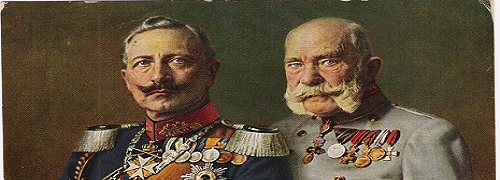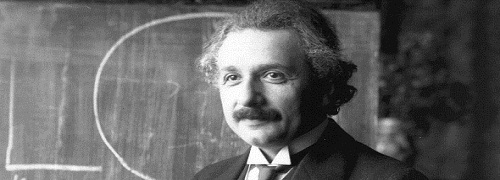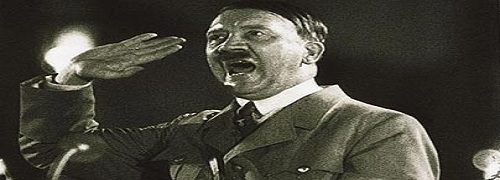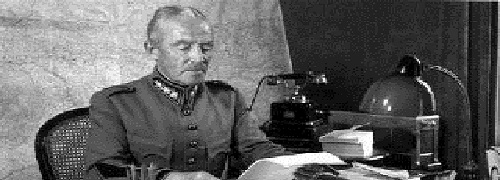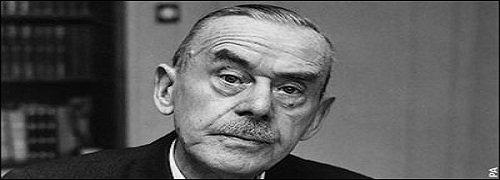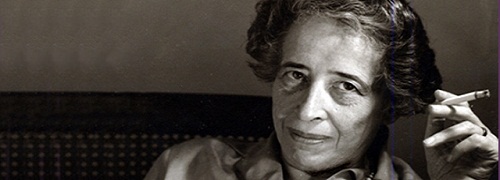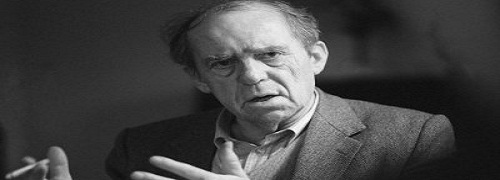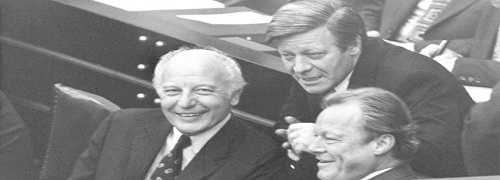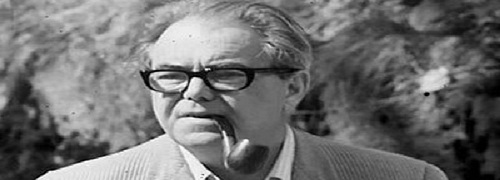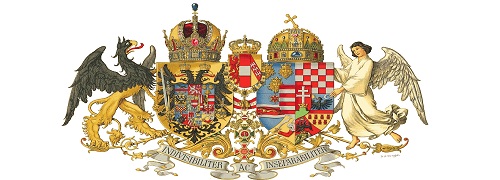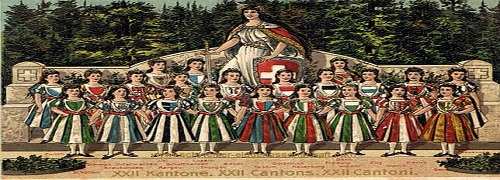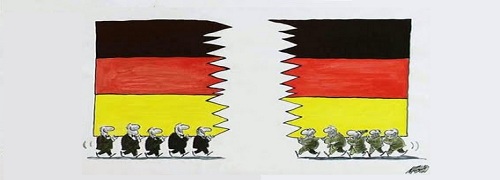Fascism without Borders
Senatssaal in Henry-Ford-Bau, Freie Universität Berlin,
Garystraße 35
14195 Berlin-Dahlem.
Notwithstanding their ultranationalist natures, fascists understood themselves as members of a transnational political movement. Although a “Fascist International” did not emerge in the inter-war period, fascist activists, groups, and regimes shared common goals and sentiments which led them to draw on each other for support and inspiration. In the early 1920s, Fascist Italy inspired other movements and regimes in various regions of Europe. Similarly, after 1933 several smaller fascist movements in different parts of Europe were inspired by the Nazi seizure of power and the following Gleichschaltung of German society. Following these two examples, they also aimed to seize power in their countries and to establish dictatorships.
For a long time, scholarship on fascism has focused on Fascist Italy and National Socialist Germany. Only in recent years have scholars investigated smaller fascist movements that cooperated with each other and were supported by Germany and Italy. These new studies have shown that fascism was much more complex and multifaceted than has been commonly assumed. This is particularly true for transnational connections and interactions, a sphere in which non-state actors played a significant role. In order to further the scholarship in this area, scholars of fascism will present papers on various subjects related to cross-border relationships and discuss entanglements between smaller fascist movements and the supranational influence of Italian Fascism and German National Socialism. In focusing on these relationships, the conference is to open a new perspective on European fascism, one that recognizes it as an ensemble of manifold but closely intertwined movements.
Please register with Dr. Grzegorz Rossoliński-Liebe (g.rossolinski-liebe@fu-berlin.de) by 13 June 2014.
19 June 2014
18.00-20.00
Arnd Bauerkämper and Grzegorz Rossoliński-Liebe: Welcome and Introduction
Constantin Iordachi: From Comparative to Transnational History: New Perspectives on the Entangled History of European Fascism
20 June 2014
-
9:00-11:00
Panel 1: Transnational Fascism – Theories, Concepts and Approaches.
Chair: Arnd Bauerkämper
Roger Griffin: “Die Krankheit Europas”: The International Dimension of Fascist Diagnoses of Decadence
Matteo Pasetti: Corporatist Connections: Reflections on the Transnational Flow of Ideas and Experiences in Interwar Europe
-
11:15-13:45
Panel 2: Propaganda and Representations
Chair: Grzegorz Rossoliński-Liebe
Anna Lena Kocks: Organizing Leisure: the Extension of Propaganda into New Spheres by the Italian and British Fascist Movements
Goran Miljan: The ‘New Youth’ for the ‘New Future’ – A Comparative Case Study of the Ustasha and Hlinka Youth Connections and Exchanges
Cláudia Ninhos: German-Portuguese Relations (1933-1945): Science, Knowledge and Power
-
15:30-18:15
Panel 3: Conflicts and Violence
Chair: Anna Lena Kocks
Miguel Alonso Ibarra: Brother in Arms. Fascist Volunteers in the Spanish Civil War
Grzegorz Rossoliński-Liebe: East European Fascists in Nazi Concentration Camps
Antonis Klapsis: A Fascist State with an Anti-Fascist Foreign Policy? Greek Diplomacy towards Italy During the Metaxas Dictatorship
-
21 June 2014
9:00-11:30
Panel 4: Actors
Chair: Albrecht Betz
Mario Ivani: Exporting the Fascist Political Model of Salazar’s Estado Novo. Intellectuals, Diplomats, Journalists, Political Activists and Police Officers in the Service of the Fascist Idea between Italy and Portu-gal in the 1920s and 1930s
Marleen Rensen: Robert Brasillach and the Fascist Spirit in Europe
Raul Cârstocea: Native Fascists, Transnational Anti-Semites: Ion I. Moţa and the International Section of the “Legion of the Archangel Michael”
-
11:45-13:45
Panel 5: Visions of a Fascist Europe
Chair: Paolo Fonzi
Monica Fioravanzo: Italian Fascism in Transnational Perspective: the Debate on the New European Order (1930-1945)
Johannes Dafinger: The Nazi “New Europe” – Fascist or “Volkish”? Cultural and Academic Exchange within the “Axis” Sphere of Influence
-
15:15-18:00
Panel 6: Transnational Antifascism
Chair: Constantin Iordachi
Wolfgang Wippermann: Transnational Antifascism
Silvia Madotto: Transnational Aspects of the Antifascist Resistance at European Universities during the Second World War
Francesco Di Palma: German and Italian Democratic Socialists in Exile: Fascism Inter-pretations and Transnational Aspects of Resistance in the Sopade and Giustizia e Libertà
-
18:00
Conclusion
Arnd Bauerkämper: Comment and Perspectives of Research

